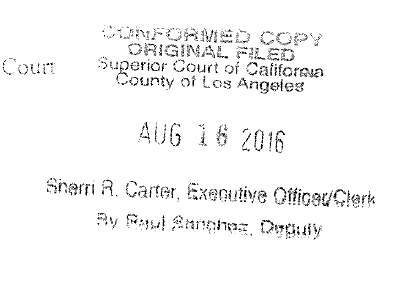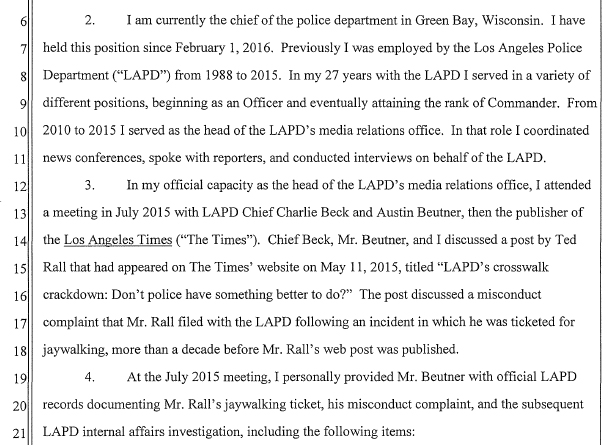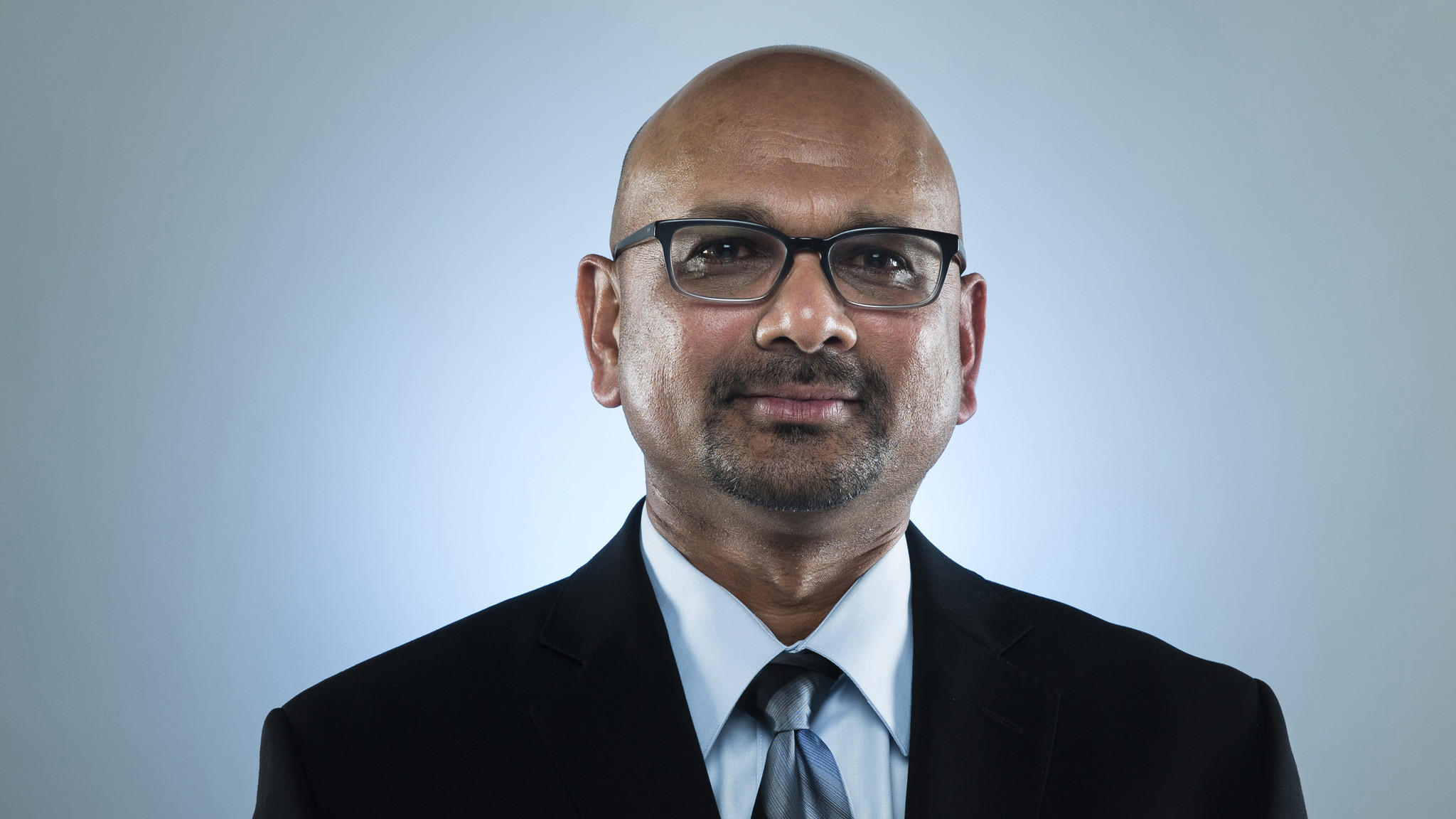Hillary Clinton’s campaign was wallowing in lies of omission when they covered up the fact that she had pneumonia. This isn’t sort of thing that just sneaks up on you. If indeed it really is pneumonia, this is something she has known about for a while. And, frankly, it’s medically irresponsible of her to continue campaigning and fundraising at this intense rate.
I suffer from chronic respiratory problems. This has been the case since I was 12 years old, when a Boy Scout camping trip went wrong and I wound up with a case of asthmatic bronchitis that left me with scarring in my lungs.
I’ve had pneumonia a few times and let me tell you, it makes you feel like you are going to die. And in fact, it kills a lot of people. So no matter what, what’s going on with Hillary Clinton is very serious. Especially considering her advanced age: 68.
I was also one of those people who was laid low by swine flu. My doctor actually thought I was going to die. Even then, I never collapsed. It’s hard to understand, as someone who suffers from chronic bronchitis, repeated bouts of pneumonia and has had swine flu, oh and the worst seasonal allergies in the world, what could be so brutal that it could cause her to collapse like that.
I’m not a doctor – many commentators have pointed that out, and they are right – but I’m not going to ignore my common sense. Something is going on with Hillary Clinton, something is up, it’s serious, and they are lying about it.













